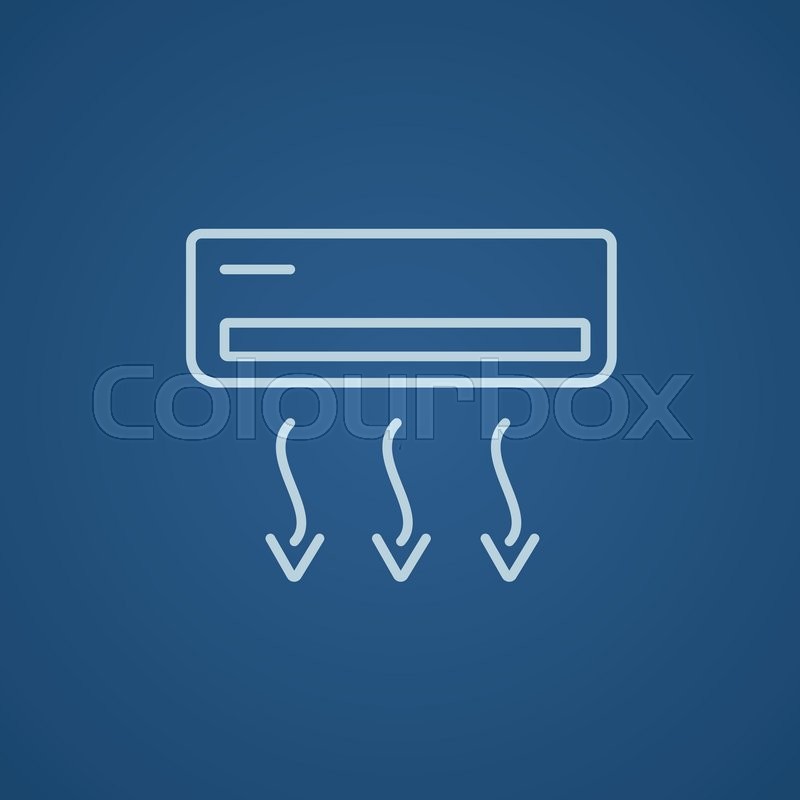Heat Pump Repair Service: Warning Signs That Your System Needs Specialist Treatment
Heat Pump Repair Service: Warning Signs That Your System Needs Specialist Treatment
Blog Article
Produced By-Bradford Vaughn
If your heatpump system is making strange noises or having a hard time to keep your home comfortable, maybe attempting to inform you something crucial. Overlooking these indicators could cause more significant concerns down the line. By addressing these warning signals quickly, you can potentially save on your own from expensive fixings or a complete system malfunction. So, simply click the up coming site following time you hear an odd audio or notice inconsistent temperatures, remember, your heat pump could be attempting to interact a trouble that calls for expert attention.
Uncommon Sounds
If you regularly listen to unusual sounds coming from your heat pump, it is essential to address this issue quickly. These noises can show underlying troubles that might get worse if left neglected.
A typical sound to watch out for is a loud knocking or clanking sound, which can recommend a loosened or damaged component within the system.
If you hear a shrill screeching noise, it may be a sign of issues with the motor bearings or belt. In addition, a clicking noise could indicate a trouble with the electrical parts of the heatpump.
To resolve these uncommon noises, it's advised to call an expert a/c professional. Attempting to diagnose and repair the problem yourself can possibly cause further damage to the system.
A qualified professional will certainly have the ability to recognize the source of the noise and execute the necessary repairs to ensure your heat pump runs successfully and quietly. By addressing these unusual sounds quickly, you can prevent extra considerable issues from occurring in the future.
Irregular Heating/Cooling
Experiencing irregular heating or cooling from your heatpump can be irritating and uncomfortable. If you discover that certain areas in your house are substantially warmer or cooler than others, or if your heat pump is struggling to keep a consistent temperature, it may be a sign of a trouble.
Irregular home heating or cooling can be caused by issues such as a malfunctioning thermostat, blocked air filters, refrigerant leakages, or troubles with the compressor. These concerns can not only make your home uneasy yet additionally result in higher energy costs if left unsettled.
To resolve this issue, you need to initially examine and replace your air filters if they're unclean or stopped up. If the trouble continues, it's finest to call a professional a/c service technician to check and fix your heat pump system. By addressing Click On this page , you can make certain that your home remains comfy and energy-efficient.
Increased Power Bills
Constantly high power bills can be a sign that your heatpump system isn't running successfully. If you've observed a sudden spike in your power prices without a corresponding rise in usage, it can indicate that your heat pump is struggling to warmth or cool your home properly. This inefficiency can result from various problems within the system, such as filthy filters, refrigerant leaks, or a malfunctioning compressor.
When your heat pump isn't operating optimally, it needs to function more difficult to keep the preferred temperature, causing enhanced power intake and greater costs.
To resolve this problem, it's important to have a professional a/c technician examine and repair your heat pump. They can determine the origin of the ineffectiveness and perform the essential modifications or repair work to recover your system's ideal performance.
Conclusion
Finally, if you observe any uncommon noises, irregular heating or cooling, or a sudden rise in power expenses with your heat pump system, it's time to call a specialist a/c service technician. Attending to these indications immediately can help avoid further damage and guarantee your system runs efficiently. Do not ignore these warning signs, routine a repair solution to keep your home comfortable and your energy bills in check.
